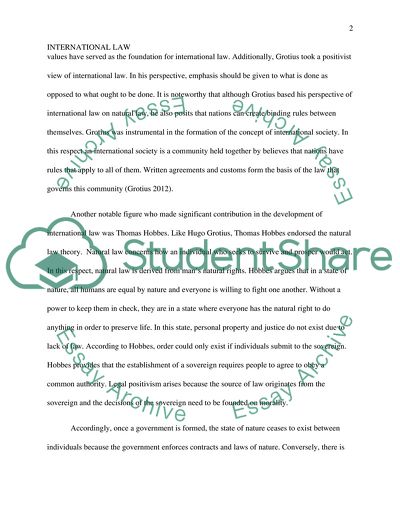Cite this document
(“International law Assignment Example | Topics and Well Written Essays - 2000 words - 1”, n.d.)
International law Assignment Example | Topics and Well Written Essays - 2000 words - 1. Retrieved from https://studentshare.org/law/1680437-international-law
International law Assignment Example | Topics and Well Written Essays - 2000 words - 1. Retrieved from https://studentshare.org/law/1680437-international-law
(International Law Assignment Example | Topics and Well Written Essays - 2000 Words - 1)
International Law Assignment Example | Topics and Well Written Essays - 2000 Words - 1. https://studentshare.org/law/1680437-international-law.
International Law Assignment Example | Topics and Well Written Essays - 2000 Words - 1. https://studentshare.org/law/1680437-international-law.
“International Law Assignment Example | Topics and Well Written Essays - 2000 Words - 1”, n.d. https://studentshare.org/law/1680437-international-law.


